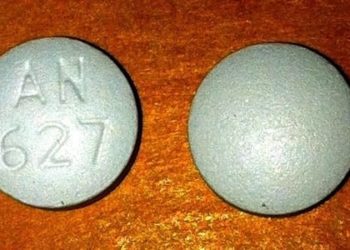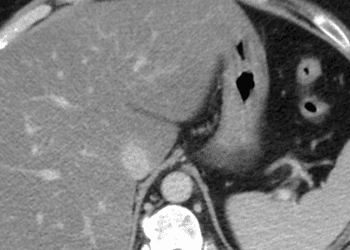Food advergames linked to increased caloric intake in children
Image: PD
1. Playing games with food advertisements, known as advergames, led to an increase in caloric intake in children.
2. Rewards to refrain from eating did not affect the eating behavior of high impulsive children as compared to less impulsive children.
Evidence Rating Level: 2 (Good)
Study Rundown: The dramatic rise in childhood obesity over the years has led researchers to search for potential causes. Previous data have shown that sight, smell, or even the thought of food can induce an increase in appetite. The current study examined the effects of impulsivity on children’s snack consumption while playing advergames (online electronic games used to advertise a product or a brand). Results indicated that advergames supporting food caused kids to consume more unhealthy snacks. In addition, rewarding children for refraining from eating during the games helped to reduce caloric intake. Impulsive children were not found to eat more than other kids, although rewards did not reduce caloric intake for high impulsive children as they did for less impulsive children. These results may help aid providers in counseling parents about self-regulation training for their children and limiting the amount of unhealthy food in the home.
Click to read the study published today in Pediatrics
Relevant Reading: Neurophysiological pathways to obesity: below awareness and beyond individual control
In-Depth [randomized factorial study]: This study was comprised of 261 children (50.2% boys) ages 7 to 10 years from 5 schools in the Netherlands. Participants were randomly assigned to one of four groups: food advergame (1) with or (2) without reward inhibition (inhibition task) and non-food advergame (3) with or (4) without reward inhibition. Participants were presented with two bowls of candies, one of which was identical to that shown in the food advergame, and caloric intake was calculated for each child after 5 minutes of game time. Children assigned to the inhibition task were allowed to eat as much as they wanted, but were told that they would be rewarded if they ate nothing. Impulsivity was measured using a previously validated program called the door-opening task, designed to identify children with impulsivity disorders. Children who played the unhealthy food advergame ate significantly more than those who played the non-food advergame (p < 0.01). Those assigned to the inhibition task had lower caloric intake compared to those who were not (p < 0.01). Impulsive children did not eat more than other participants; however rewards did not inhibit eating in high impulsive children as they did in those with lower impulsivity (p < 0.05).
More from this author: Potential association between toddler behavior and infant media exposure, ADHD stimulant treatment associated with changes in BMI trajectory, Current BMI standards may be predictive of metabolic syndrome, Increased cognitive activity post-concussion associated with prolonged symptom duration, Early adiposity rebound associated with worse metabolic markers
©2012-2013 2minutemedicine.com. All rights reserved. No works may be reproduced without expressed written consent from 2minutemedicine.com. Disclaimer: We present factual information directly from peer reviewed medical journals. No post should be construed as medical advice and is not intended as such by the authors, editors, staff or by 2minutemedicine.com. PLEASE SEE A HEALTHCARE PROVIDER IN YOUR AREA IF YOU SEEK MEDICAL ADVICE OF ANY SORT.









